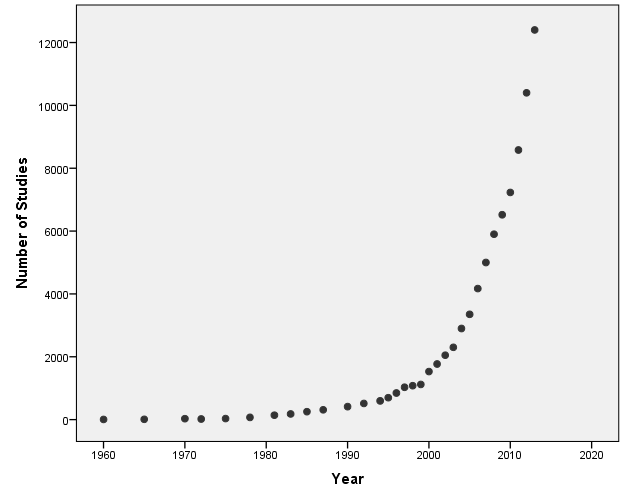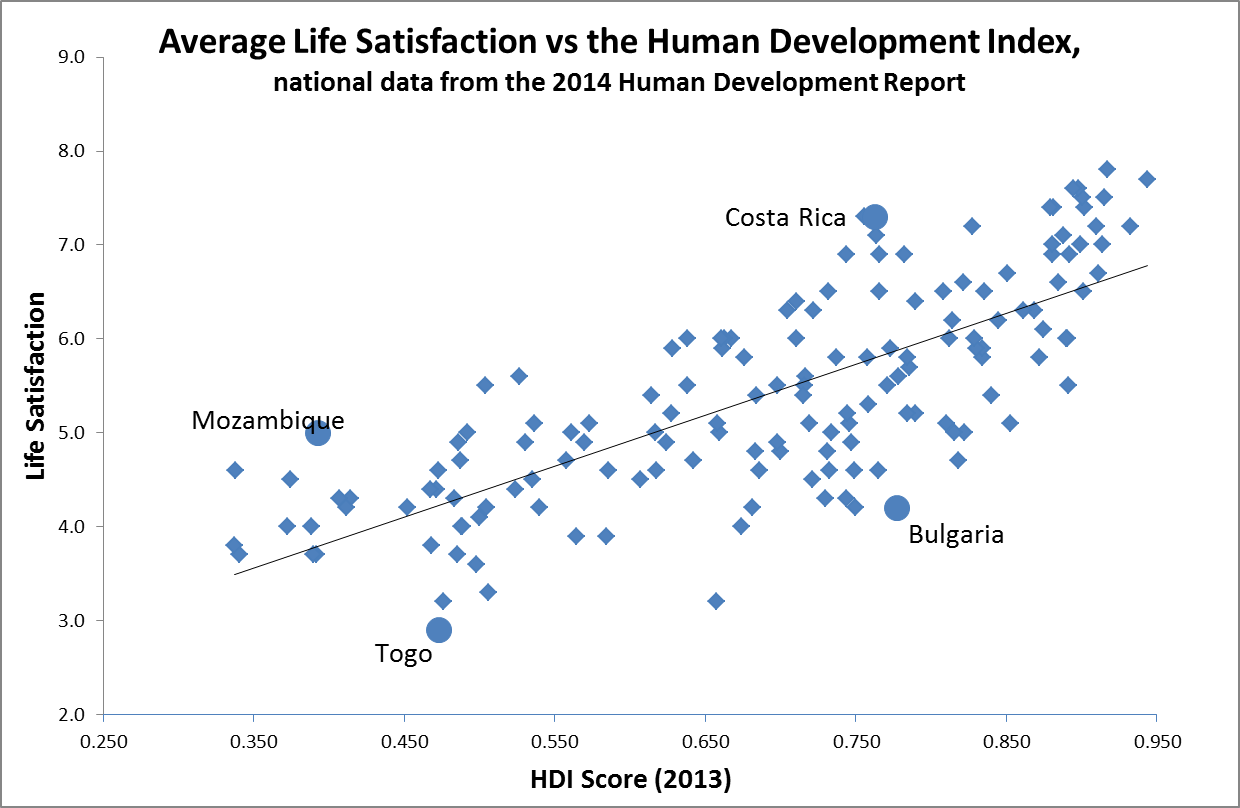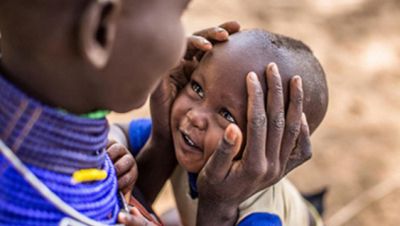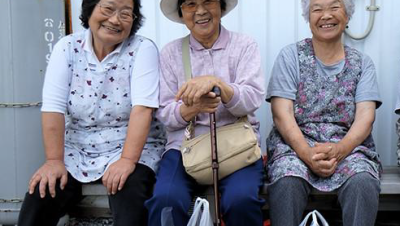We start by wishing readers a Happy New Year. We continue by asking you to reflect on what this means. Because happiness can be different things to different people. In our paper “Happiness and Human Development” we discuss some of the different interpretations of happiness and what that means for its measurement and its links to human development.
When we think of a happy new year do we think – as the Buddha might have – of a year in which you escape suffering? Or, as Aristotle might have hoped, that we find happiness within a political community - or polis - organized to promote virtuous behavior: one in which we can see our lives as supported on the one side by happy emotions, and on the other by as sense of purpose? Do we want a year in which we will judge ourselves to be happy with the things that matter most to us: happy with our work, our relationships and so on. Will we hope to find happiness through greater freedom to make life choices? Will we focus on doing things for others, and find happiness as a by-product? Or do we aim to spend 2015 full of the emotion ‘happiness’?
But once we are clear about the concept, we need also to be clear on our frame of reference. Do we want 2015 to be happy in the moment, or will we prefer simply to remember it as being happy by this time next year? Daniel Kahneman, the Nobel Laureate from Princeton, has found systematic differences between remembered and experienced well-being. For instance, patients undergoing a medical procedure have a better memory of the experience if the most painful part happened at the beginning rather than the end. Kahneman has argued that measures of experienced wellbeing are in many ways the more accurate because they remove any rose-tinted memory effect. That may be true. But it is equally arguable that it is our remembered evaluations of our experience that are more important in determining our future behavior, because it is people’s own perceptions of the state of the world, rather than other’s measurements – or perceptions - of the “facts”, that drive individual behavior. Perhaps this explains why so many parents decide to have another child!
So happiness is rather complicated. But that is not to say it cannot be measured. Our paper addresses some of the concerns commonly raised about measuring happiness, including that people adapt to their life situation (they do, but only partly), peer group effects (comparing to the Joneses seems to happen more for cars and incomes than for trust and friendship), or the difficulties in comparing happiness across cultures (are Latin Americans so happy because they interpret the questions differently, or have a stronger form of social glue?). These concerns are real, and happiness research is increasingly able to understand - and so account for - these effects.
What is clear though is that interest in happiness is growing rapidly, as the following graph from Ed Diener shows.
Estimates of the number of new scientific articles on subjective wellbeing

But what does this mean for research and analysis of human development? According to the World Happiness Report 2013 there are strong links between subjective measures of life satisfaction (a central measure of happiness with life as a whole) and the human development index (an average of objective measures of health, income and education). We found that
- Higher values of the human development index (HDI) tend to go hand in hand with higher life evaluations.
- There were strong links between higher life evaluation and several key measures of human development, including higher job satisfaction, more effective government, and moderately strong links between higher life evaluations and greater freedom of choice and lower inequality.

The strong links between the two areas is reassuring. Would we really want to promote human development if it didn’t lead to greater happiness? Would we really want to promote happiness if it somehow got in the way of human development?
But these links also suggest there is considerable scope for further thought and research. Why are Togolese so much less satisfied with life than the women and men of Mozambique when Togo ranks 12 places higher on the HDI league table? Why is an average Costa Rican so much happier than the typical Bulgarian, when Bulgaria enjoys a slightly higher HDI score?
Happiness research can perhaps help. This research, both experimental and survey-based, shows that people need and want to trust, connect with, and help other people. This implies that successful human development should include giving people opportunities to help others.
So, let us wish you again a happy new year but in more specific human development terms. May your New Year be filled with health, generosity, good friends, sufficiency, security, peace and freedom to make life choices. Happiness will surely follow, and be purer for having been found without being sought.
Jon Hall & John Helliwell
With thanks to Ed Diener for his graph of the number of scientific articles on subjective wellbeing over time.
Jon Hall is a policy specialist at the Human Development Report Office of UNDP.
John Helliwell is Senior Fellow and Co-Director of the CIFAR programme on Social Interactions, Identity and Well-Being, working from his base in the Vancouver School of Economics at the University of British Columbia.
Photo credit: U.S. Geological Survey, Flickr
The HDialogue blog is a platform for debate and discussion. Posts reflect the views of respective authors in their individual capacities and not the views of UNDP/HDRO.


